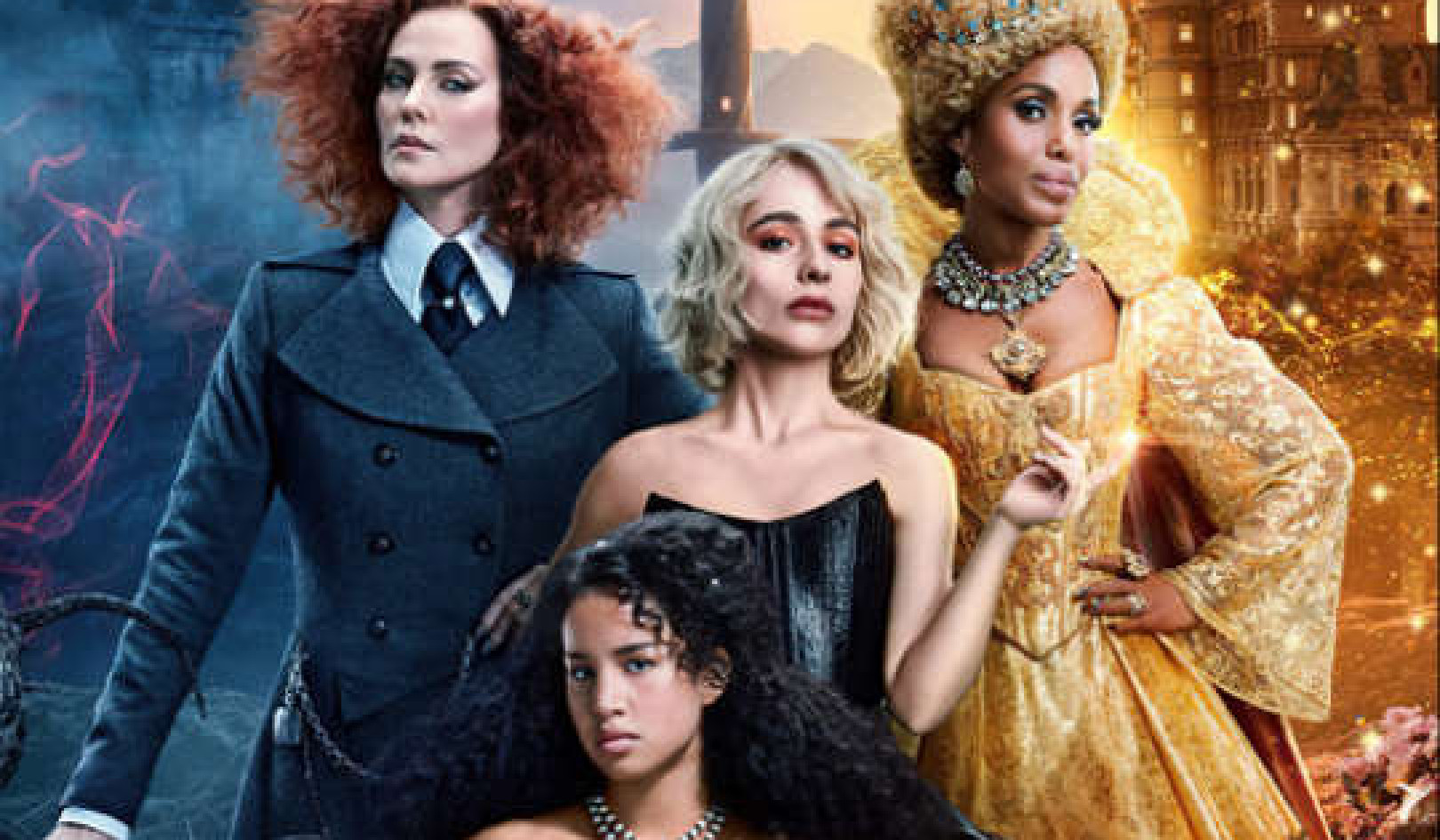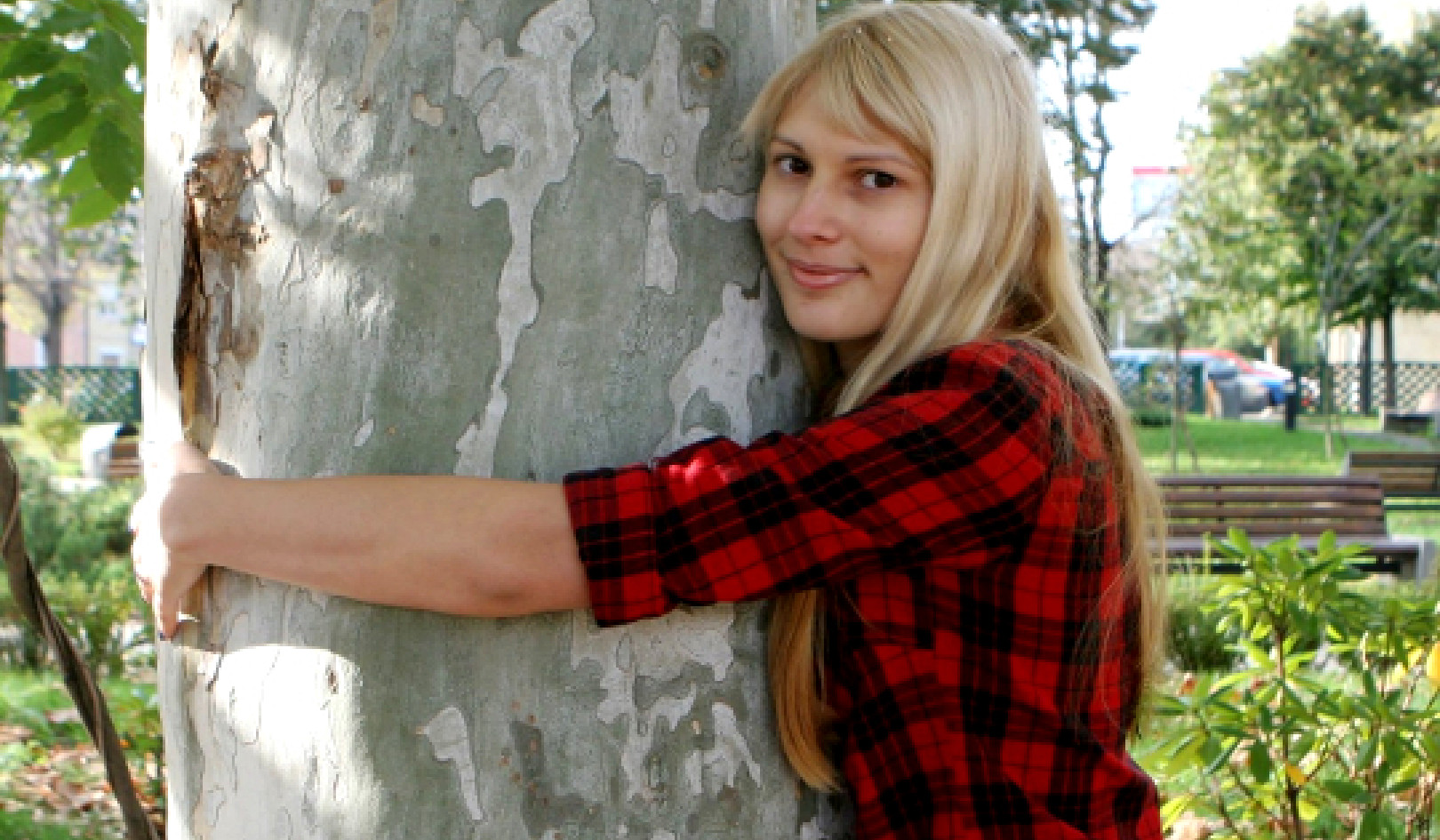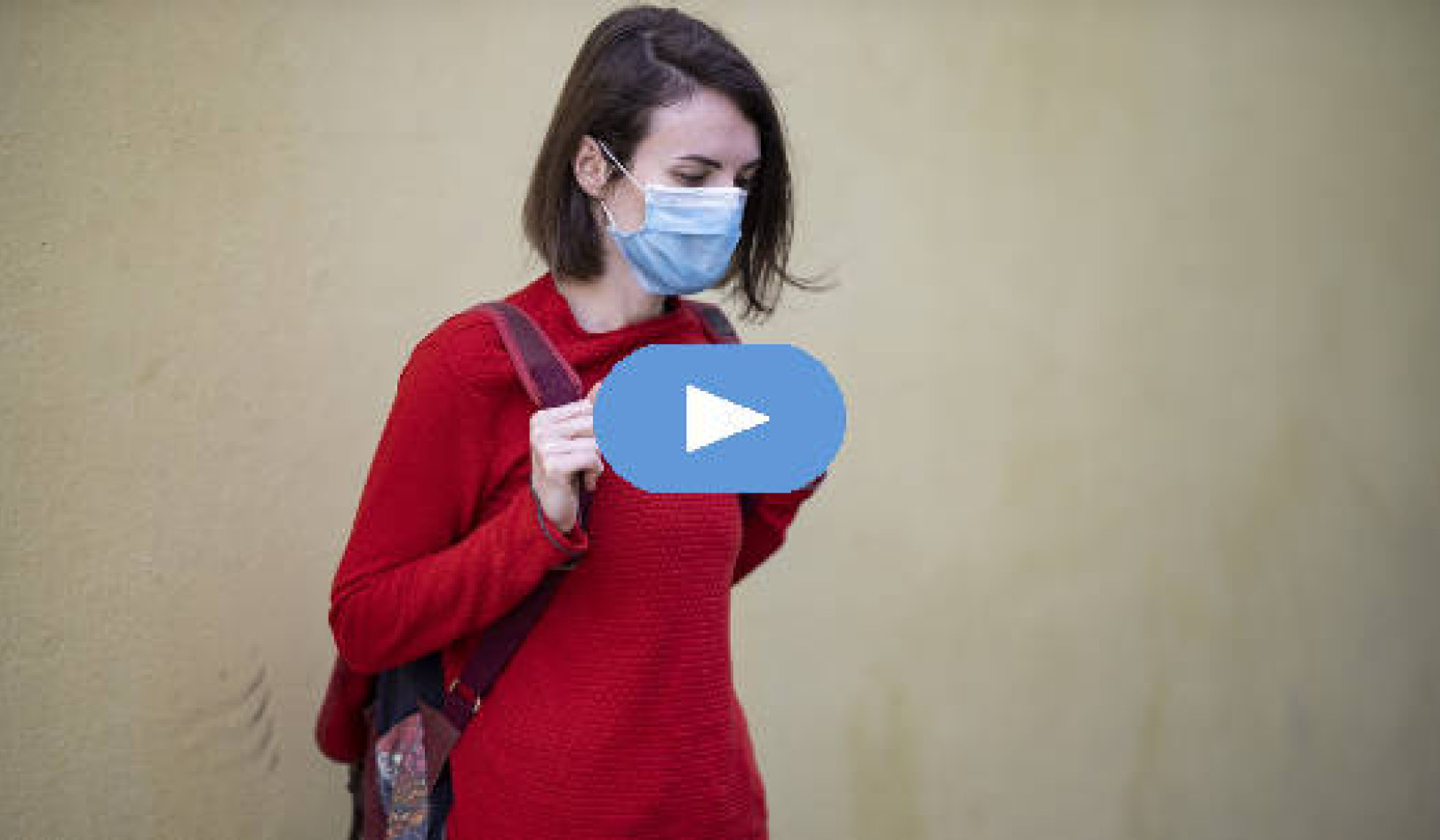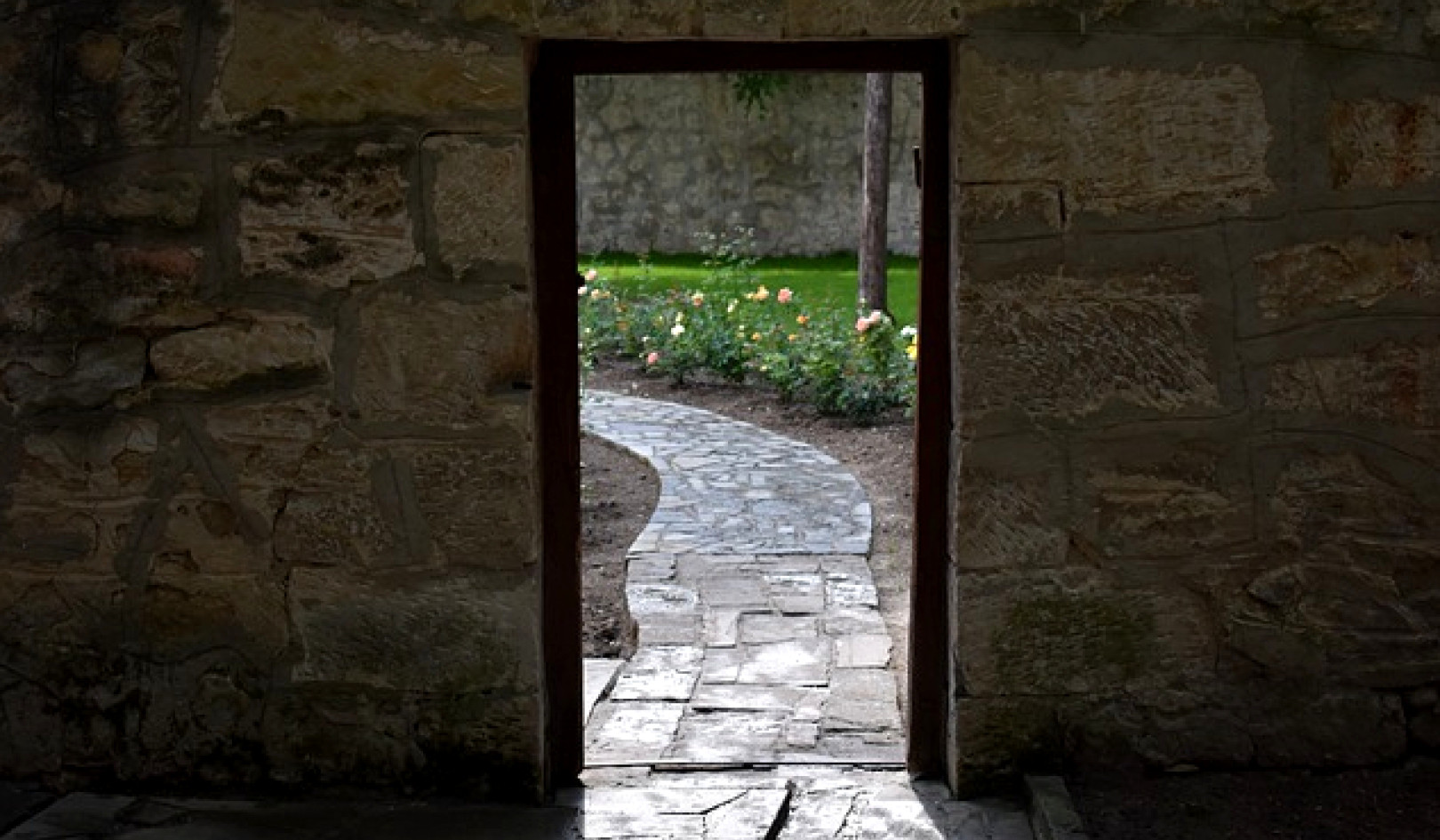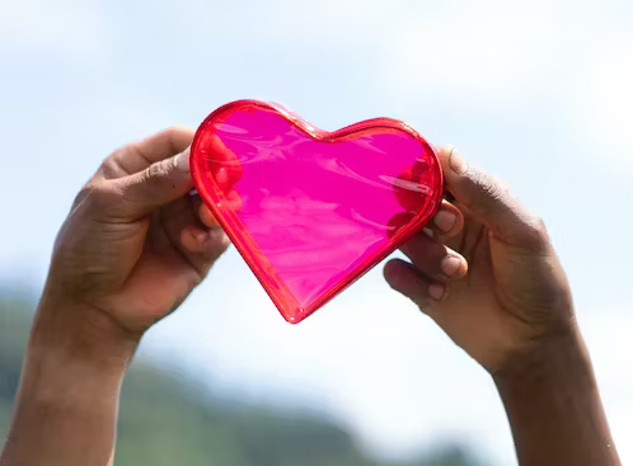
What could we learn about masculinities in less-patriarchal societies? (Shutterstock)
How will young men learn to love when many messages seem to be either focused on what is wrong with them — or how they can dominate?
Many masculinity critics speak of the dangers of traditional gender ideologies, rape culture or toxic ways of being male.
Meanwhile, some men, like Andrew Tate, promote visions of masculinity based on misogyny and male domination, while others, like Jordan Peterson, reinforce traditional gender ideologies as a misguided way of responding to men’s search for meaning and belonging.
My scholarship examines masculinity and critical race theory in both early modern drama and contemporary Canadian literature, with a focus on Black and Indigenous literature.
I am a mixed-race (Black, Métis, and Scottish) cisgender scholar who teaches in Treaty One Territory, in the heart of the Métis homeland, on the University of Manitoba campus. I live in a world that shows more than enough hatred to Black and Indigenous men. I want to focus more on how Black and Indigenous men can love and be loved.
Patriarchy, ‘interlocking’ oppressions
Many of the ways of being male that are under scrutiny or that some men are trying to reclaim are connected to patriarchy.
The late Black feminist philosopher bell hooks defines patriarchy as:
…"a political-social system that insists that males are inherently dominating, superior to everything and everyone deemed weak, especially females, and endowed with the right to dominate and rule over the weak and to maintain that dominance through various forms of psychological terrorism and violence
As hooks and other Black feminists have also noted, patriarchy, racism, sexism and homophobia can be interlocking systems of domination. For these reasons, my work on masculinity also comes out of an anti-racist teaching practice.
My teaching builds on a long tradition within Black and Indigenous feminist traditions that understand Black and Indigenous men as people who experience racism and domination in the world, and who have to learn how to love their families, partners and children without recreating cultures of domination and control within communal settings.
Lesser-discussed forms of masculinity
As Cherokee scholar Daniel Heath Justice notes in Why Indigenous Literatures Matters, the stories settlers tell about Indigenous communities often amplify toxic stories of lack and deficit. Too often, such stories presume the perverse success of colonialism.
The collection Indigenous Men and Masculinities, edited by scholars Robert Alexander Innes, a member of the Cowessess First Nation, and Kim Anderson (Cree/Métis), considers what we know or could learn about masculinities in less-patriarchal societies.
Carrying the Burden of Peace: Reimagining Indigenous Masculinities Through Story by white settler scholar Sam McKegney explores “Indigenous literary art for understandings of masculinity that exceed the impoverished inheritance of colonialism.”
Likewise, Black feminist scholars like hooks have encouraged men to be better and suggested a central task of feminist criticism ought to be articulating less dominating ways for men to preform their masculinity.
In poet and author Audre Lorde’s essay “Man Child: A Black Lesbian Feminist’s Response” she reflects on mothering her son, noting: “Our sons must become men — such men as whom we hope our daughters, born and unborn, will be pleased to live among.” As a mother, Lorde says, “this task begins with teaching [her] son that [she does] not exist to do his feeling for him.”
Contempt and politics
While I take the point of writers like Pauline Harmange or Blythe Roberson that misandry (contempt or dislike) can be politically useful, I fear the language of “hating men” is unproductive — even when meant humourously — and can turn men away from the very feminist work that aims to help them become better lovers, fathers, friends and brothers.
Stories we tell about Black and Indigenous men can create fear of them, and this can serve as a justification for racism. Racism, as political geographer Ruth Wilson Gilmore notes, can be defined as “the state-sanctioned or extra-legal production and exploitation of group differentiated vulnerability to premature death.”
Stories representing Black men as inherently violent and prone to antisocial behaviour are part of a long racist tradition which places the lives of Black men at risk.
Love and tender feelings
Love can be a tool of anti-racist and decolonial education, but only if we encourage men (and women and non-binary people) to take the risk of expressing tender feelings for others.
I teach David Chariandy’s novel Brother and Cherie Dimaline’s The Marrow Thieves. These writers depict men who are processing complex and inter-generational traumas. In these books, the characters Michael and French are imperfect men who struggle to show tender emotions. Their struggle, however, is the point.
Through trying to process their feelings within found families, these men are healing themselves. They are becoming emotionally available members of their communities who do not need to dominate others to prove they are real men.
Speaking of these men in terms of the struggle to love is, in itself, an anti-racist practice. Almost all of the young men I work with struggle to express tender emotions, and seeing these characters struggle helps them see Black and Indigenous men as emotional role models.
Encouraging flourishing
Through teaching such stories, my students and I discuss how learning to love is a way of learning how to be fully human. Love cannot come from places of domination or abuse, nor can it be maintained through cultures of power and control.
As analytic philosopher Harry Frankfurt argues in The Reasons of Love, love is an orientation to the beloved, whereby I care about doing thinks that encourage their flourishing as human beings.
Literature is a wonderful tool for opening these healing conversations about love and being loved.
Taking responsibility for thinking, loving
In poet Adrienne Rich’s essay “Claiming an Education,” she distinguishes between the passive act of receiving an education and the active act of thinking of education as a responsibility to oneself.
Discussing love in curricula has the potential to be lifesaving, to help reduce instances of physical, sexual or emotional abuse and to contribute to creating cultures of consent. This works best, I have found, when it comes from a loving disposition.
Teaching students with care while showing emotional attachments to works of literature allows me to reinforce, as a man, that it is OK to be a man and to express love and admiration in public.
If love is something we do, and not just something we feel, then it is something men can learn to do better.![]()
Jamie Paris, Instructor, Department of English, Theatre, Film & Media, University of Manitoba
This article is republished from The Conversation under a Creative Commons license. Read the original article.

Related Books:
The Five Love Languages: The Secret to Love That Lasts
by Gary Chapman
This book explores the concept of "love languages," or the ways in which individuals give and receive love, and offers advice for building strong relationships based on mutual understanding and respect.
Click for more info or to order
The Seven Principles for Making Marriage Work: A Practical Guide from the Country's Foremost Relationship Expert
by John M. Gottman and Nan Silver
The authors, leading relationship experts, offer advice for building a successful marriage based on research and practice, including tips for communication, conflict resolution, and emotional connection.
Click for more info or to order
Come as You Are: The Surprising New Science that Will Transform Your Sex Life
by Emily Nagoski
This book explores the science of sexual desire and offers insights and strategies for enhancing sexual pleasure and connection in relationships.
Click for more info or to order
Attached: The New Science of Adult Attachment and How It Can Help You Find—and Keep—Love
by Amir Levine and Rachel Heller
This book explores the science of adult attachment and offers insights and strategies for building healthy and fulfilling relationships.
Click for more info or to order
The Relationship Cure: A 5 Step Guide to Strengthening Your Marriage, Family, and Friendships
by John M. Gottman
The author, a leading relationship expert, offers a 5-step guide for building stronger and more meaningful relationships with loved ones, based on principles of emotional connection and empathy.




















